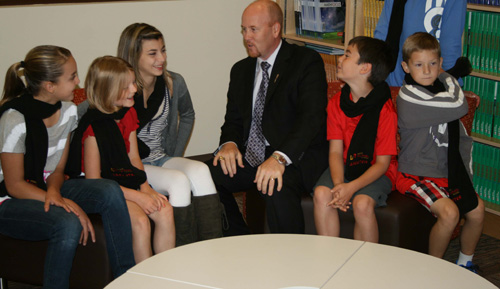
Educação, Inovação, Infrastructure — whichever way you line up the words, they all lead back to education. Because once a nation has goals for where it wants to be in 5 ou 10 ou 20 anos, that nation is going to need to have a competent, competitive workforce to realize its goals.
Developing the nation’s plan means collaboration. And the collaboration part is perhaps the toughest because people tend to argue about significant matters and you will never find enough educators who will agree on the biggest issues — or will you? Curiosamente, my five interviews over the past 5 weeks in The Education Debate 2012 series with Howard Gardner, Richard Riley, Diane Ravitch, Andy Hargreaves and Linda Darling Hammond often sound similar because there are many commonalities among the solutions proposed for how to improve student achievement in an educational system.
Today I want to focus on a forward thinking education initiative in Alberta, Canada called “Inspiring Education.” I recently had the opportunity to discuss it with the Honourable Jeff Johnson, Ministro da Educação de Alberta. Johnson’s appointment as Minister of Education in May of this year built on his experience as co-chair of the pioneering “Educação Inspiradora” committee. He was previously Minister of Infrastructure, Minister responsible for the Oil Sands Secretariat, and Parliamentary Assistant to the Treasury Board. Jeff also has experience working in the financial markets as a futures trading floor pit boss and in building a series of successful small businesses.
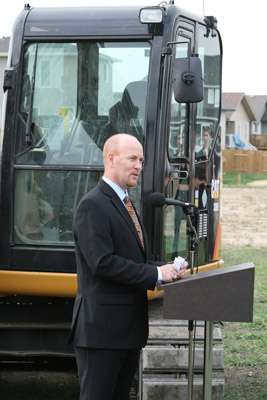
Can you talk about the Albertan “Educação Inspiradora” iniciativa – your goals and objectives?
O ministro do dia Educação reuniu um comitê de direção de cerca de 20 pessoas, que presidi, e nós a tarefa de pedir Albertans de todas as esferas da vida uma questão principal: Que tipos de habilidades e atributos devem um Albertan educado graduando-se em 2030 ter? O que ouvimos foi que Albertans sentiu alunos precisavam ser três coisas: engaged thinkers, ethical citizens, e eles precisavam de ter um espírito empreendedor.
Por pensador engajado, estamos a falar de habilidades como ser capaz de pensar criticamente, ser criativo, having digital literacy and being cooperative. It also extends beyond our K-12 system, and includes being a true life-long learner.
In terms of the ethical citizen, we want to make sure kids are contributing to their communities. The character traits we require for an ethical citizen would be young people who are empathetic, have good communication skills and who through teamwork and collaboration contribute fully to the community and to the world.
Finalmente, Albertans are really proud of our history of being pioneers and entrepreneurs. The people who immigrated to Alberta were not wealthy people. They came to Alberta for opportunity, and it was that history that really influenced us to include entrepreneurial spirit as the third element of what we call our three E’s. We wanted our kids to learn to take risks, to be resilient, competitivo, resourceful, confident and self-reliant. We wanted to prepare kids for the global economy, for the ever-changing digital age. We wanted to make sure they are ready for the jobs that will be waiting for them, in many cases jobs that don’t even exist yet. And that they are skilled enough so that if the job doesn’t exist, they can create it.
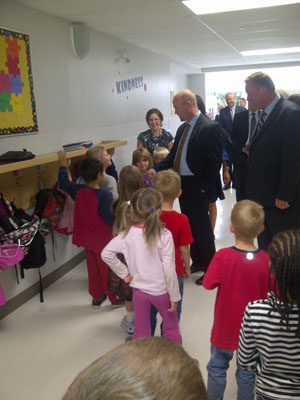
What system changes did these goals require you to make?
Primeiro, we had to build a system that was more centered on the student. Albertans felt the educational system was too caught up in the old ways – based on the desires of trustees, teachers or politicians instead of on what is best for the students and the students’ aprendizagem.
The second major change we felt we should make was to move to a system that was based on competency versus regurgitating content. Every student learns at an individual pace, but our educational system was not set up to deal with that. So the challenge was to move to a system that was based on mastering competency, not just serving a set amount of time in a desk and memorizing facts for a test. When kids can move faster we need to make sure we’re able to challenge them.
The other problem we faced was that our curriculum in Alberta was very standardized and allowed very little flexibility for educators. Much of the content in the curriculum is going to be obsolete in 15 anos a partir de agora. We want to move to a system where numeracy and literacy remained at the core of learning, but where educators are teaching in a way that will instill our three E’s in kids.
Are your teachers equipped to handle this shift in orientation?
The need for additional training varies teacher by teacher. I think a lot of the newer teachers coming into the system are ready and willing to embrace this new approach. Some will need professional development, and that is a good thing. It isn’t our intention to turn the system on its head and start a revolution – it is more of an “informed transformation”. We have a good system now, one of the best in the world in fact, so we want to move forward without throwing out the good that we’ve already got.
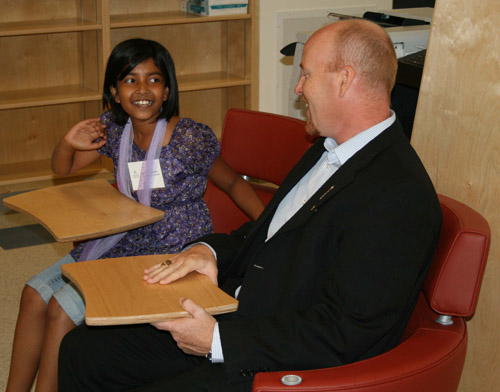
In terms of student assessment do you foresee any changes in your testing practices to accommodate this new orientation?
Curriculum and assessment are obviously inter-related, and both will have to evolve. We currently use standardized tests at four points in a student’s life. We do standardized testing at grades 3, 6 e 9. Then we have the Diploma Exams in Grade 12, which are essentially our entrance exams for post-secondary. Our plan is to focus on the lower grades first and introduce new tools to assess, eventually moving to other grades.
What about class size and special learning needs?
Albertans told us clearly that all kids are special, and we need to make sure we support them all. So we are striving for a system that recognizes the differences in students and is able to challenge every child. It’s going to be different for every child, whether it’s learning difficulties, language barriers or gifted children – or anything else. In Alberta we want inclusiveness for the special needs kids and for the gifted kids. We’re in the process of changing our funding to reflect this too.
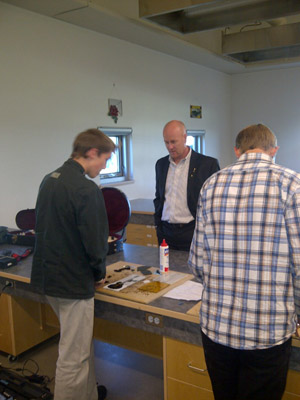
How do you see blended-learning systems and other technology evolving in your school system by 2030?
Technology presents one of the biggest challenges and also one of the biggest areas of opportunity. With the finances that governments and public school systems have, it is impossible to keep the latest greatest technology in the classroom. The technology is just becoming outdated too fast. One of the things we seek to do in our system is ensure that the technology that kids use at home every day becomes part of their learning experience. We’ve got a lot of ‘bring your own device to school’ in terms of kids using their devices as part of their learning. At the core of it, this is not about using technology as a teaching tool, mas mais sobre a usá-lo como uma ferramenta para criar conhecimento.
O que Albertans informá-lo sobre o ensino da ética na sala de aula, isto é. para combinar com o seu objetivo cidadão ético?
There are a couple of points here. Albertans told us they did not want the government or teachers to have to become the parent. Ethics has got to initially come from the home and the family, e é diferente para cada família. What we want to instill as part of building ethical citizens are things like honesty and respect. It means that in our schools you’re going to be honest. You’re going to work hard. You’re going to value diversity and respect other people’s differences. A expectativa é de que o sistema escolar vai ensinar essas coisas porque eles representam o que é importante para um cidadão.
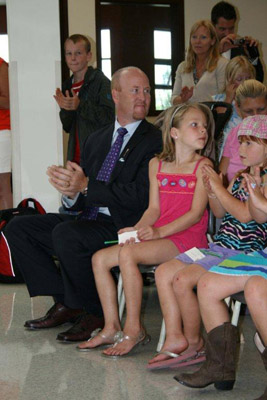
What roles will the arts play in your education system reforms?
You cannot give students 21st century skills such as critical and creative thinking without the arts. If we want kids to be able to think outside the box, if we want kids to be able to innovate, we need to expose them to art and artists.
Exposure to the arts fulfills several needs. It obviously helps ensure we maintain our culture and create new artists. But it doesn’t end there. As pessoas que têm valorizadas suas habilidades artísticas são mais atento, e são mais capazes de encontrar os problemas e encontrar soluções criativas. Assim, incorporando as artes também é sobre ter certeza que temos pessoas de negócios futuros, cientistas, médicos e engenheiros também.
Quais são os seus pontos de vista sobre as escolhas de ensino superior? Será que todos os alunos precisam ir para uma educação liberal arts? E quanto a escolas de formação profissional?
Pós-secundário é mais do que apenas universidade. Nosso sistema de pós-secundário em Alberta inclui muitas opções para os jovens, incluindo grandes universidades, faculdades e institutos técnicos. All are good options, and we need to make sure kids see value in all of them.
Afinal, we know that only about 17 per cent of our kids graduating go to traditional university. Many of the rest are pursuing colleges and technical institutes because that training offers access to very well paid, highly gratifying occupations.
Not every kid needs or wants a liberal arts degree. There are incredible occupations and success to be had in other channels, and I think we need to get better at offering different options earlier.
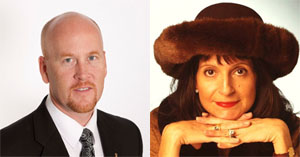
Photos courtesy of Alberta Education.
Na busca Global para a Educação, se juntar a mim e líderes de renome mundial, incluindo Sir Michael Barber (Reino Unido), Dr. Michael Bloco (EUA), Dr. Leon Botstein (EUA), Professor Clay Christensen (EUA), Dr. Linda, Darling-Hammond (EUA), Dr. Madhav Chavan (Índia), Professor Michael Fullan (Canadá), Professor Howard Gardner (EUA), Professor Andy Hargreaves (EUA), Professor Yvonne Hellman (Holanda), Professor Kristin Helstad (Noruega), Jean Hendrickson (EUA), Professor Rose Hipkins (Nova Zelândia), Professor Cornelia Hoogland (Canadá), Senhora. Chantal Kaufmann (Bélgica), Dr. Eija Kauppinen (Finlândia), Secretário de Estado Tapio Kosunen (Finlândia), Professor Dominique Lafontaine (Bélgica), Professor Hugh Lauder (Reino Unido), Professor Ben Levin (Canadá), Senhor Ken Macdonald (Reino Unido), Professor Barry McGaw (Austrália), Shiv Nadar (Índia), Professor R. Natarajan (Índia), Dr. PAK NG (Cingapura), Dr. Denise Papa (US), Sridhar Rajagopalan (Índia), Dr. Diane Ravitch (EUA), Richard Wilson Riley (EUA), Sir Ken Robinson (Reino Unido), Professor Pasi Sahlberg (Finlândia), Andreas Schleicher (PISA, OCDE), Dr. Anthony Seldon (Reino Unido), Dr. David Shaffer (EUA), Dr. Kirsten Immersive Are (Noruega), Chanceler Stephen Spahn (EUA), Yves Theze (Lycée Français EUA), Professor Charles Ungerleider (Canadá), Professor Tony Wagner (EUA), Sir David Watson (Reino Unido), Professor Dylan Wiliam (Reino Unido), Dr. Mark Wormald (Reino Unido), Professor Theo Wubbels (Holanda), Professor Michael Young (Reino Unido), e Professor Minxuan Zhang (China) como eles exploram as grandes questões da educação imagem que todas as nações enfrentam hoje. A Pesquisa Global para Educação Comunitária Página
C. M. Rubin é o autor de duas séries on-line lido pelo qual ela recebeu uma 2011 Upton Sinclair prêmio, “A Pesquisa Global para a Educação” e “Como vamos Leia?” Ela também é autora de três livros mais vendidos, Incluindo The Real Alice no País das Maravilhas.
Siga C. M. Rubin no Twitter: www.twitter.com/@cmrubinworld


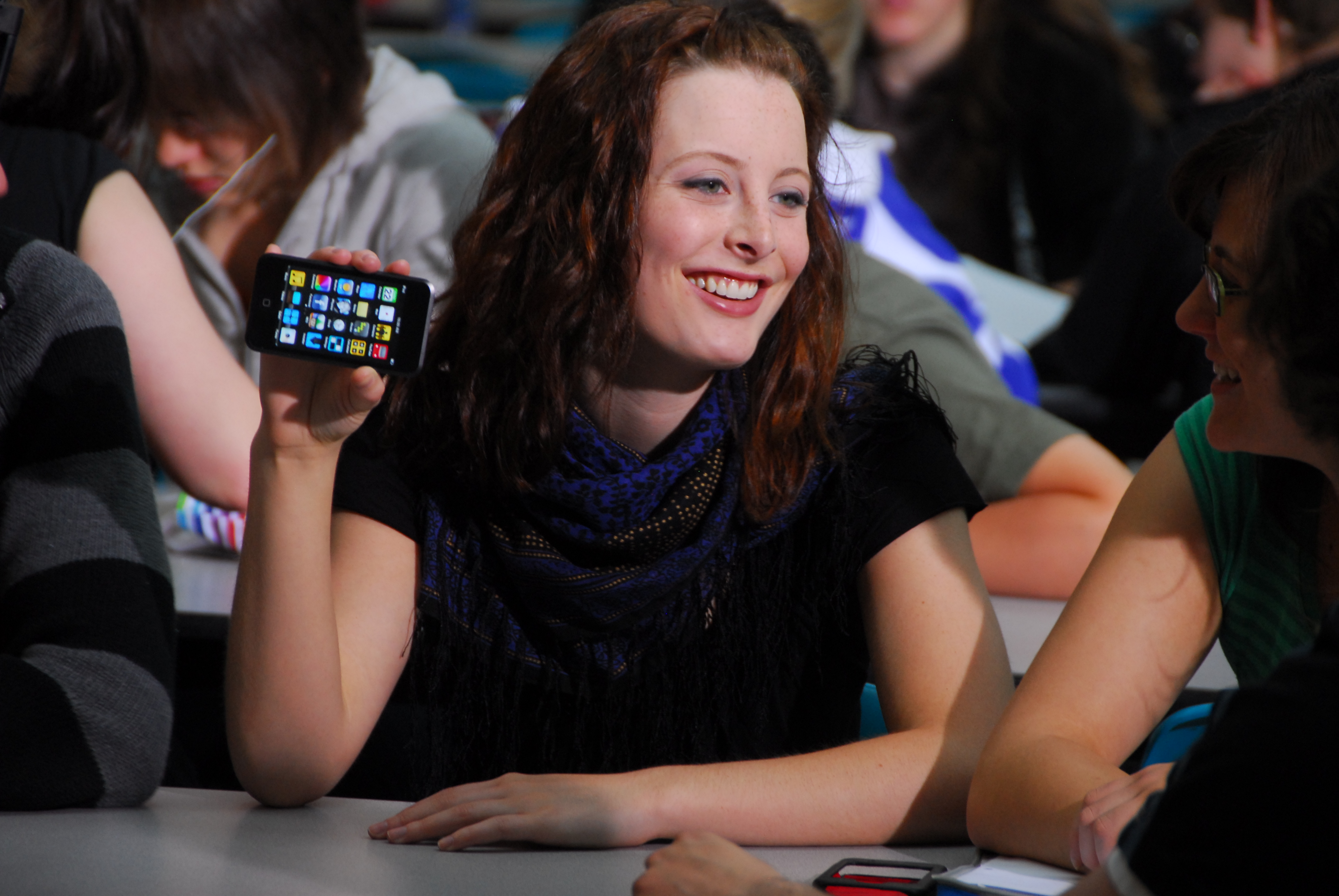
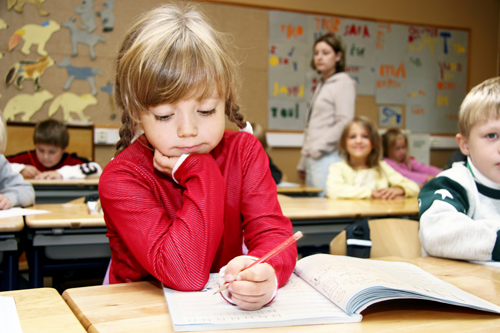
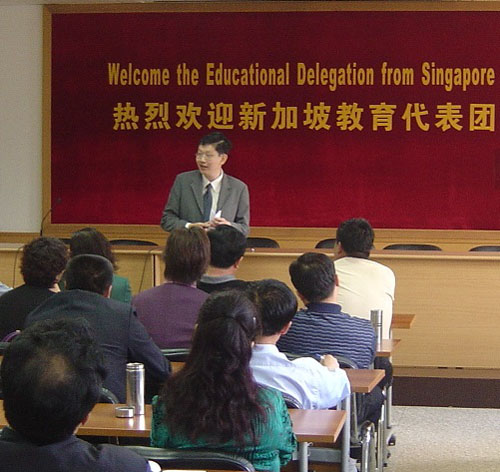
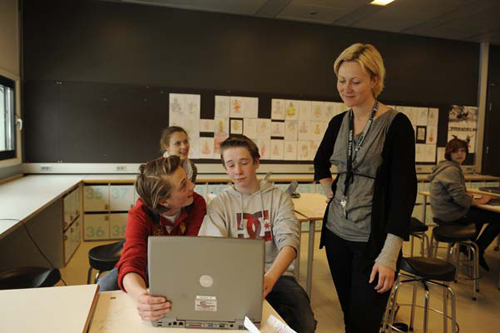
Comentários Recentes